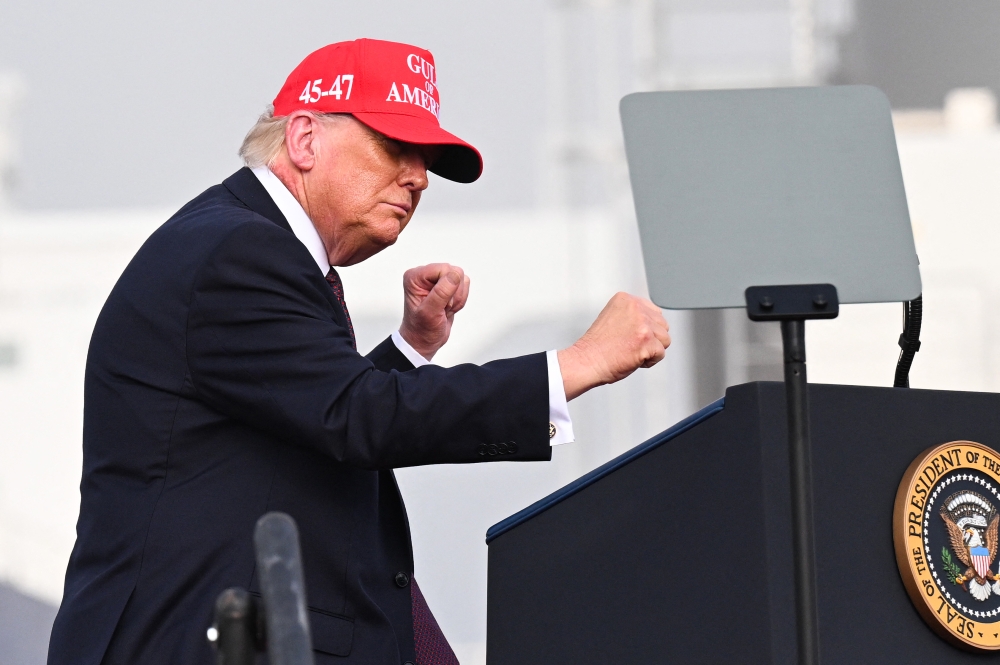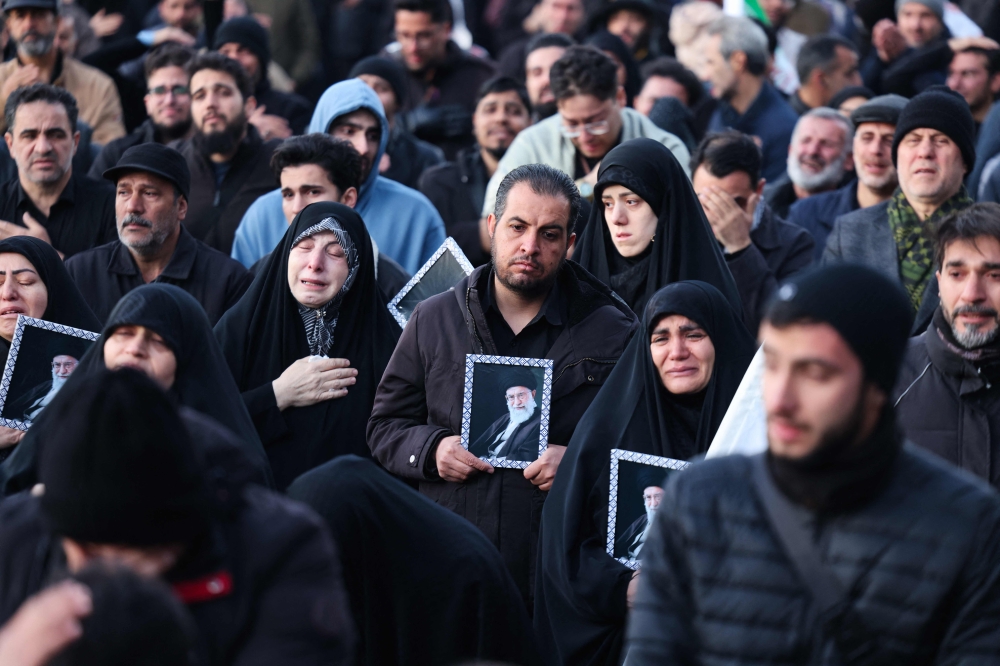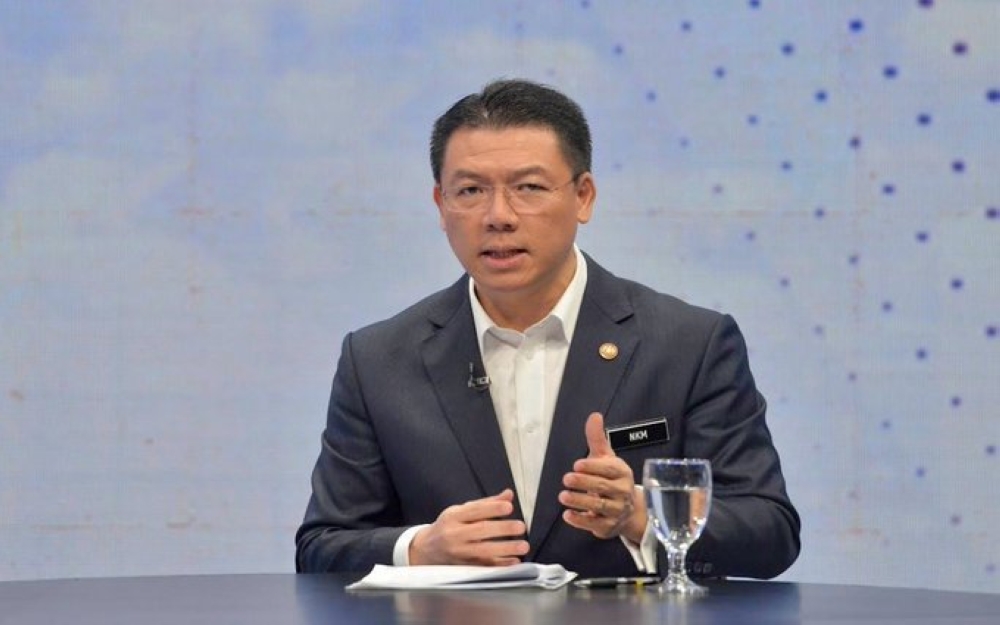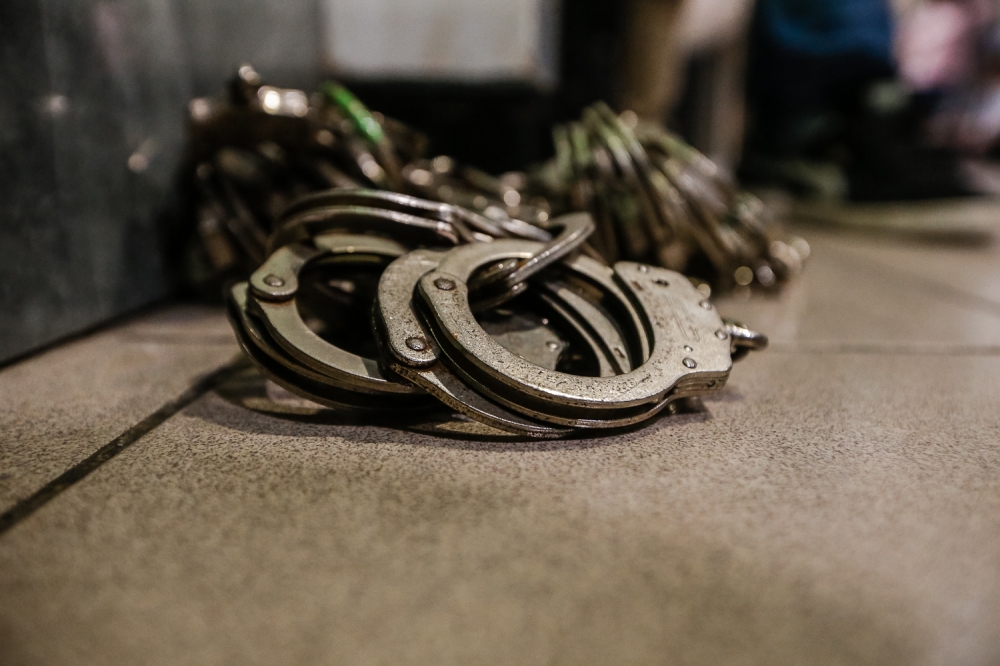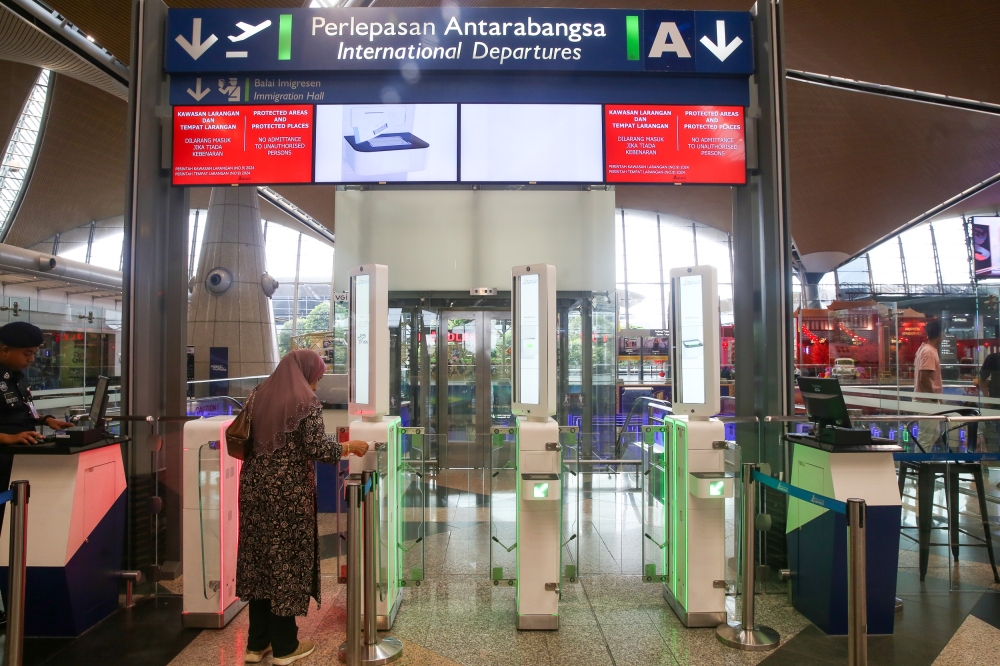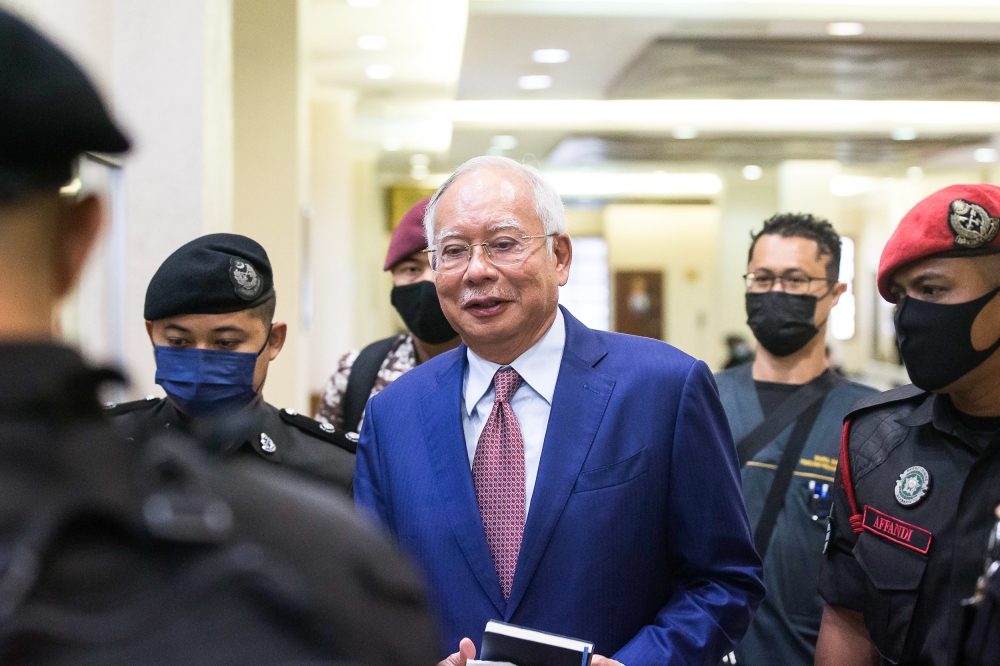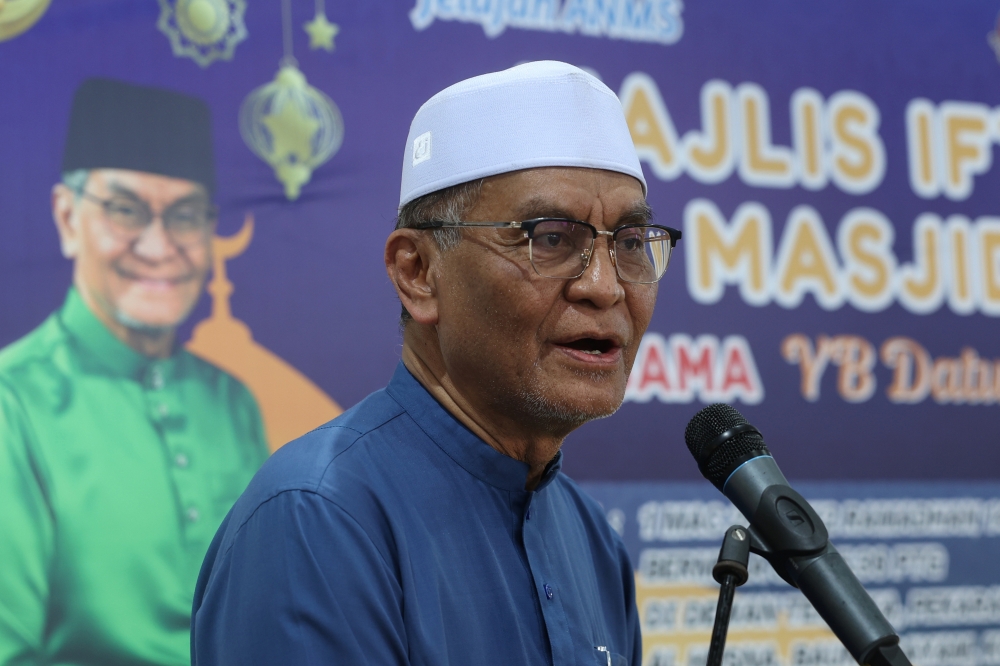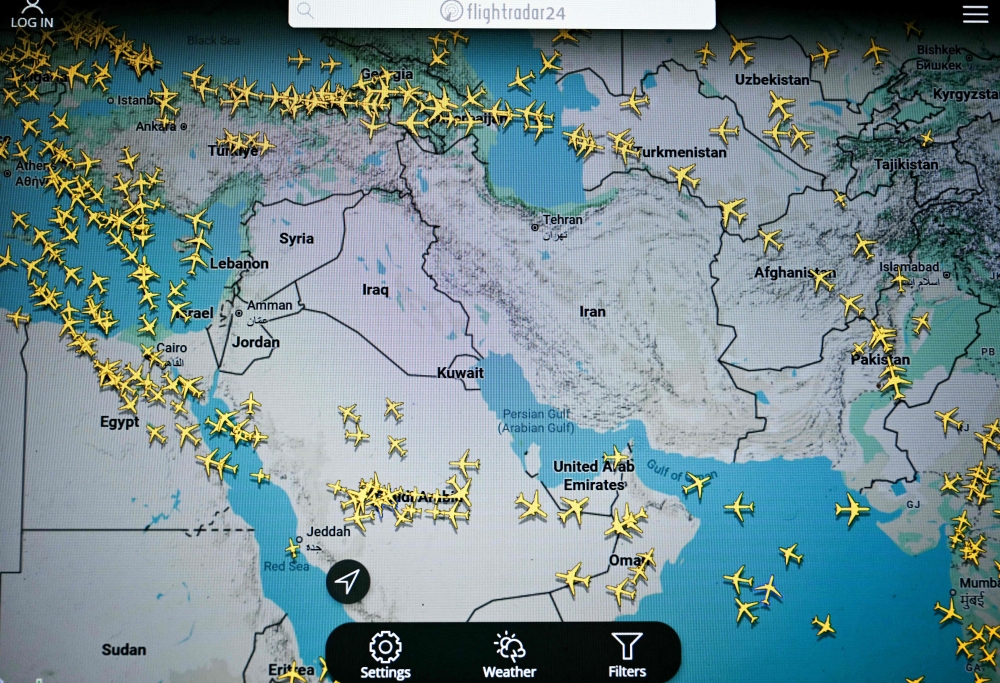KUALA LUMPUR, April 17 — On March 31, the Federal Court in a 4-1 decision refused former prime minister Datuk Seri Najib Razak’s bid for it to review the ruling that upheld his conviction for misappropriating RM42 million from SRC International; thereby, cementing his 12-year jail sentence and RM210 million fine.
Najib was found guilty of power abuse, criminal breach of trust, and money laundering.
His only way out of jail now is if a royal pardon is granted by the Yang di-Pertuan Agong, and the decision to apply for one has been agreed to by Umno unanimously.
The support Umno has shown despite him losing his political footing when Barisan Nasional (BN) lost the general election in 2018, stepping down as Umno president — a post he held since March 26, 2009 — as BN chairman, and losing his Pekan parliamentary seat which he inherited from his late father and former prime minister Tun Abdul Razak Hussein in 1976.
So why has the party remained steadfast in its support for Najib who is seen by many as no longer relevant?
Countless contributions
Political analysts said it is a fact that throughout his tenure of leading Umno, BN and the country, Najib brought in huge contributions for the party and its supporters.
Nusantara Academy for Strategic Research (NASR) senior fellow Azmi Hassan said Najib is synonymous with Umno’s glory days of the last four or five years before 2018 and before the 1Malaysia Development Berhad (1MDB) financial scandal surfaced.
“There are still a lot of Najib supporters, not only at the grassroots level, but also the current party leadership from the divisions, the wings right up to the supreme council, and also the vice-presidents. They are still Najib’s supporters.
“So it is not surprising that Umno is seeking a pardon for Najib in this case,” Azmi said when contacted by Malay Mail.
He said Najib’s contribution and services to the nation and people ought to be taken into consideration.
“Although he was found guilty, the catalyst of Umno seeking pardon for Najib is not only his quite huge contribution, but also the one justification used by the dissenting judge in the appeal a few weeks ago,” he added.
The sole dissenting judge in the Federal Court’s 4-1 decision to dismiss Najib’s bid to review its ruling said the former prime minister ought to be acquitted and discharged of all criminal charges since an injustice had taken place.
In his minority ruling, Chief Judge of Sabah and Sarawak Datuk Abdul Rahman Sebli said there appeared to be a miscarriage of justice in the main appeal process when Najib was left without legal representation after his then-lead counsel Datuk Hisyam Teh Poh Teik said he was not prepared to submit, and subsequently, sought to discharge himself.
Last year, Hisyam informed the court he refused to submit on behalf of the defence since he was unprepared, with the court later rejected Hisyam’s request to discharge himself.
Abdul Rahman had said it was not possible for the earlier panel to conduct the main appeal in accordance with the rule of natural justice, due to the fact that counsel had discharged himself, leaving the applicant stranded.
He also said that they should have adjourned the hearing of the main appeal because the rules of natural justice are paramount.
“The applicant was not heard at all. The applicant is at a great and substantial injustice. He was in a disadvantaged state, as he was not represented during the appeal,” Abdul Rahman reportedly said.
1Malaysia legacy
Universiti Malaya Centre for Democracy and Elections (UMcedel) socio-political analyst Associate Professor Awang Azman Awang Pawi also agreed and pointed to Najib’s past contributions.
“He is seen to have helped the people through initiatives such as BR1M (Bantuan Rakyat 1 Malaysia), Urban Transformation Centre (UTC), 1Malaysia book vouchers and the PR1MA housing project. These initiatives are seen as people-friendly policies which were introduced by Najib.
“These are reasons why, even though he has been convicted by the court, Umno still sees Najib as having many merits and they will not forget these easily,” Awang Azman said when contacted.
The BR1M initiative was devised by Najib to ease the burden of the lower income group in the country, while the UTC was introduced during Najib’s administration to provide the urban community with key government and private sector services under one roof.
Contribution to developments
Weighing in, Assistant Professor of Political Science at International Islamic University Malaysia (IIUM) Syaza Shukri said at the moment, Umno has no charismatic and respectable leader.
“Although Zahid (Umno president Datuk Seri Ahmad Zahid Hamidi) has the support of the inner party, he is less influential with the grassroots.
“On the other hand, Najib and his ‘Bossku’ campaign were very popular. Although both Zahid and Najib have court cases, Najib had his track record as a prime minister,” Syaza said when contacted.
She too agreed that Najib’s 1Malaysia initiatives are seen as popular, such as the BR1M initiative.
At the same time, she said he is still regarded as the one who brought developments such as the Mass Rapid Transit (MRT).
“He is known to take care of the civil servants. That’s how some can kind of close one eye on his corruption cases because they say they can ‘see’ the benefit.
“Zahid is known to primarily depend on money politics and patronage for support. He doesn’t have that sway, that charisma that some say Najib has.
“So, with that issue, compounded with his corruption cases, Zahid’s position is very precarious. Understanding that is the reason he has been calling for Najib’s release because it would help his popularity and legitimacy with Umno members who are more pro-Najib,” she added.
Malay voters support base
As for Singapore Institute of International Affairs senior fellow Oh Ei Sun, he said it is an open secret that at the very least, Najib is revered as a sort of spiritual leader for the mainstream faction of Umno.
“So it is only natural that they want to free him soonest.
“Also, many in Umno consider Najib to still have the electoral pull that could win them elections, as he did with Johor and Melaka (state elections),” Oh said when contacted.
Meanwhile, Universiti Sains Malaysia’s political science professor Ahmad Fauzi Abdul Hamid said the answer lies in the Malay conception of ‘budi’.
“Budi” in Bahasa Malaysia means good deeds or kindness.
“In modern terms, this capitalistically now translates to patronage. You never forget the good deeds someone does for you, even if, ironically, in Najib’s case, the goodies he dished out were not his but the people’s,” Ahmad Fauzi said when contacted.




